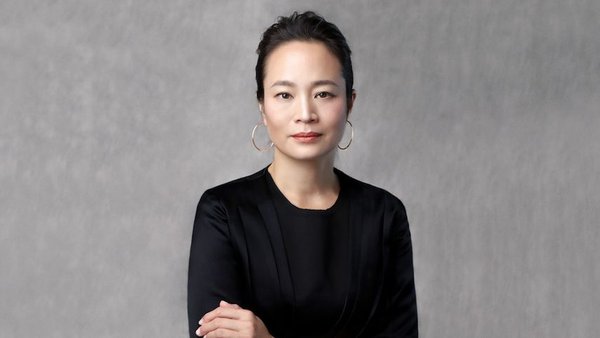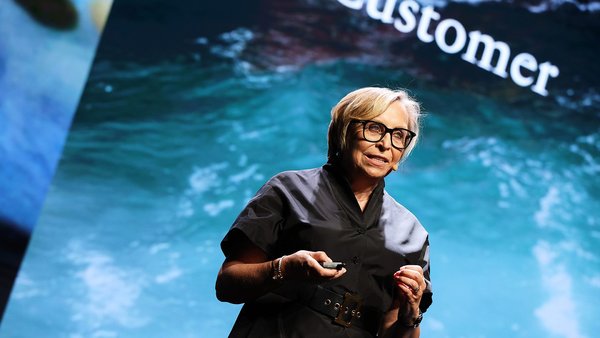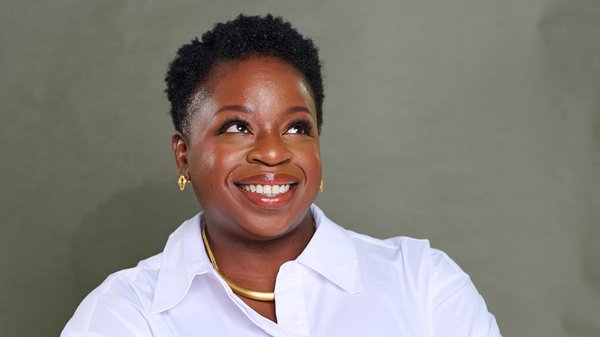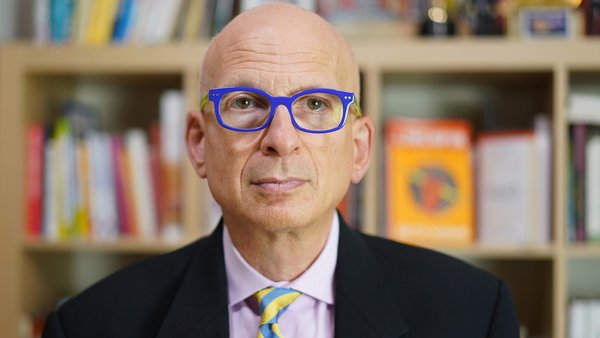Cannes Interview: Tim Castree, Media president /
The president of the Media jury at Cannes gives Contagious the low-down on category's big winners
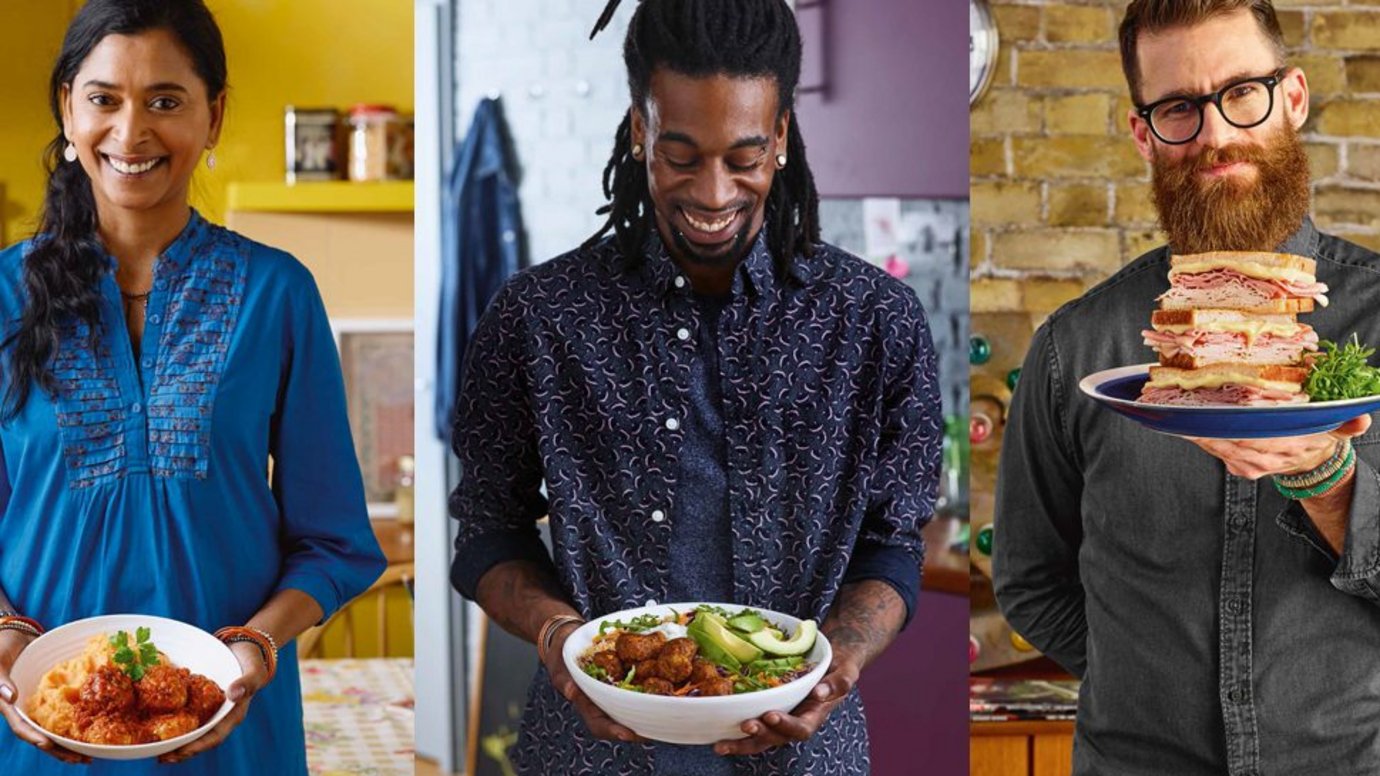
Tesco was the big winner in the Media category at this year's Cannes Lions International Festival of Creativity.
Devised by BBH and MediaCom in London, the supermarket's Food Love Stories campaign impressed the judges with its multi-faceted strategy and outrageous business results (the campaign helped bring in £679m in new revenue and increased media-driven sales by 49%).
We spoke to the Media jury president and Wavemaker global CEO, Tim Castree, to find out more about the British supermarket's Grand Prix win and get his thoughts on the industry as a whole. Contagious I/O subscribers can also read our interview with the BBH strategists who created the campaign, here.
How did you define the media category?
For us, it's the intersection of media, content and technology, and how these things come together to create an impact. So, in that sense, the definition of media has absolutely broadened. But when you look at the Tesco case study, and it is undeniably a media case study, it couldn't have come from any other category.
I tell you what, you feel almost self-conscious saying it, but it feels like nobody wants to talk about the hundreds of billions of dollars that marketers spend in paid media and advertising every year. Everybody wants to talk about how little money they spent to get social influence or free impressions or advocacy and those kinds of things.
Those things are fundamentally important. But when we chose the Tesco Grand Prix, we wanted to send a message that while it’s not about paid media alone, it is an important part of the craft – doing it in a very orchestrated way across content media, technology costs, paid channels.
You were all in agreement that that should be the one?
It was unanimous in the first round of voting.
Were there any other contenders?
There are eight brilliant golds. Eight other juries could have chosen any one of them to be the Grand Prix. I think when you're at that level, you're in the margins of fractions of a difference that really drive how people vote.
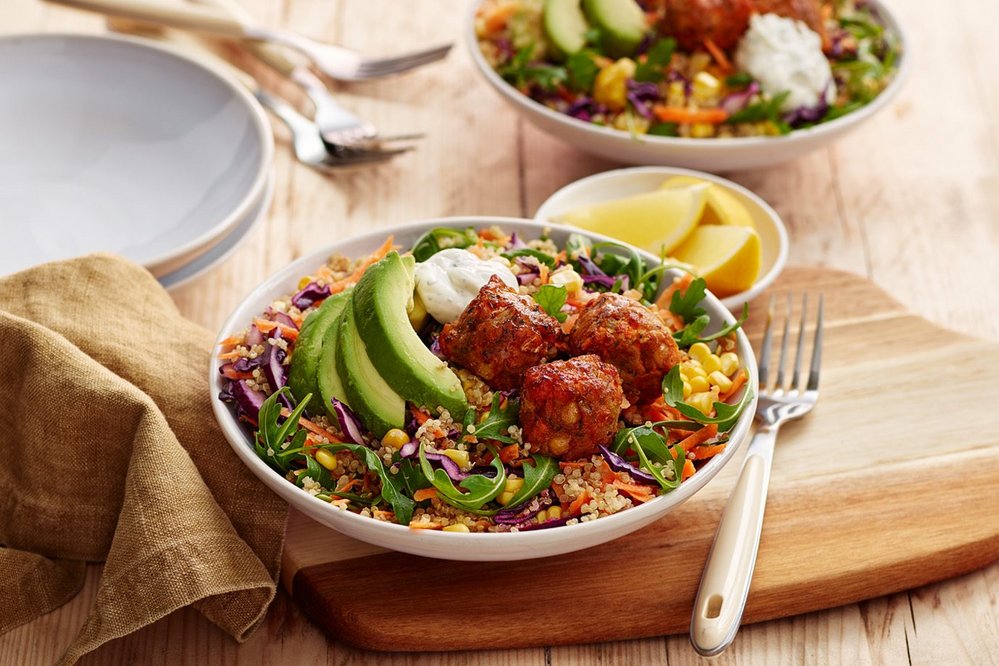
Why do you think the Media category is more relevant than other categories now?
Given how much money marketers continue to spend on advertising and media for these big brands, the ability to bring all that together and move the needle at massive scale for these big businesses is pretty important. Especially in a world that's being increasingly disrupted.
So we anchored our Grand Prix in something that was undeniably rooted in a fair amount of traditional media, but the way it was done and the skill that was used to execute that across a multitude of different dimensions is what elevated it up for us.
So the paid media side of it was obviously a big thing.
It was a part of it.
Were there any other specific elements of the campaign that particularly impressed you?
If you look at what I call the trade craft of this campaign, it was excellent consumer insights, it was great cross channel media planning; it was the orchestration of content across those channels which, in aggregate, delivered a bigger outcome than any one of them would alone. It's using data and data signals to customise that content and to optimise that content to deliver incremental performance. And then, it's great execution.
At the end of the day, it’s a transformational case study where we saw the impact of how it was done and delivered. The power of media and creativity coming together in an integrated and orchestrated way has had a transformational impact on Tesco's business. So, when I think about trade craft, I think about all those things coming together for the brand and the marketer.
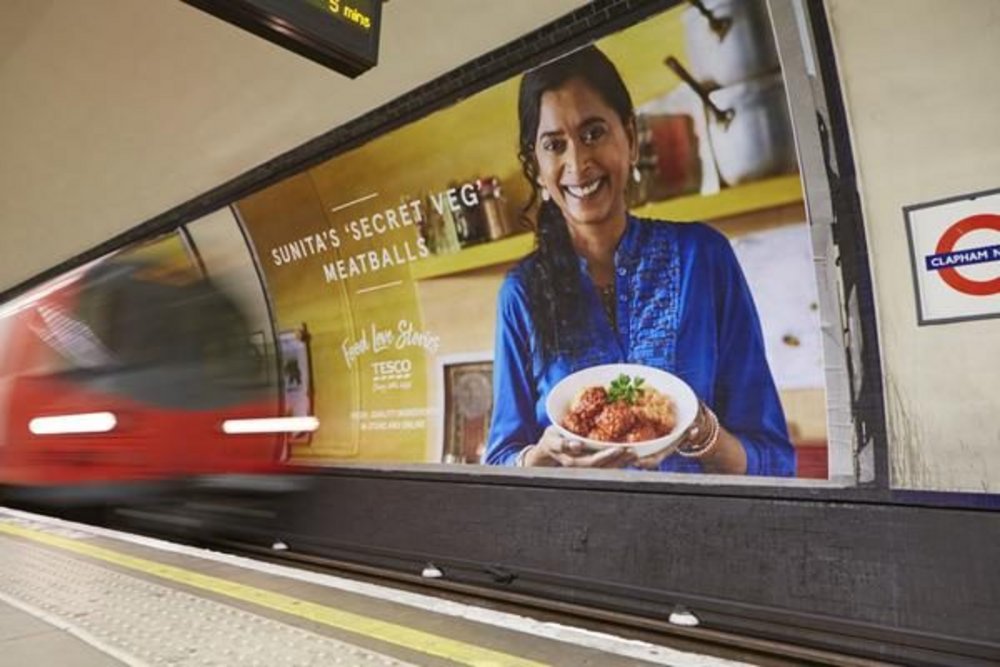
Did the Tesco campaign tap into any wider trends you can think of?
Not that campaign. But when you look into the gold winners, there are some other interesting trends and themes that really start to pop up.
Like what?
I'll give you some examples. Going from the biggest, Tesco, down to something small, it felt like it was the year of the GIF. There were hundreds of entries that were built around GIF marketing, but the one we all loved the most, and I think it got a silver, was Absolut’s Never Gonna GIF You Up, where they essentially built a GIF store [on Giphy] where people could find GIFs to use to invite each other to drinks.
What we loved about that was that it came from Absolut, who for years defined what great print advertising looked like and turned the back pages of magazines into a social channel before the Internet was even invented. That was their legacy, and we thought, in the first year of GIF marketing, this execution took it to a whole other level.
This Coke is a Fanta from Brazil was another brilliant case study. This Coke is a Fanta is a homophobic slur in Brazil – that was their [David, São Paulo] insight. So Coke got actively involved in that and enabled the LGBTQ+ community to reclaim a slur and make it a source of pride. For a big corporation to get involved in that using ambient media, its can in this case, was absolutely brilliant.

In the entries that you saw, did you find that some campaigns were less focused on a core idea?
Yeah, I love a good stunt. I think stunts are great, but they are just a kind of dopamine hit. I think increasingly, across a lot of categories, we're seeing that stunt driven work is no longer enough to break all the way through to the Grand Prix. A lot of juries are looking for more substance in the storytelling, and the impact that communications is having in a bigger context.
What do you think of the general health of the ad industry right now?
I think it's at an interesting inflection point, but I'm super bullish. I think the nose of the aeroplane is pointing up and that's how I'm feeling about our business, how I'm feeling about WPP [which owns Wavemaker], and how I'm feeling about the industry more broadly.
Want more of the same? /
We don’t just write about best-in-class campaigns, interviews and trends. Our Members also receive access to briefings, online training, webinars, live events and much more.
